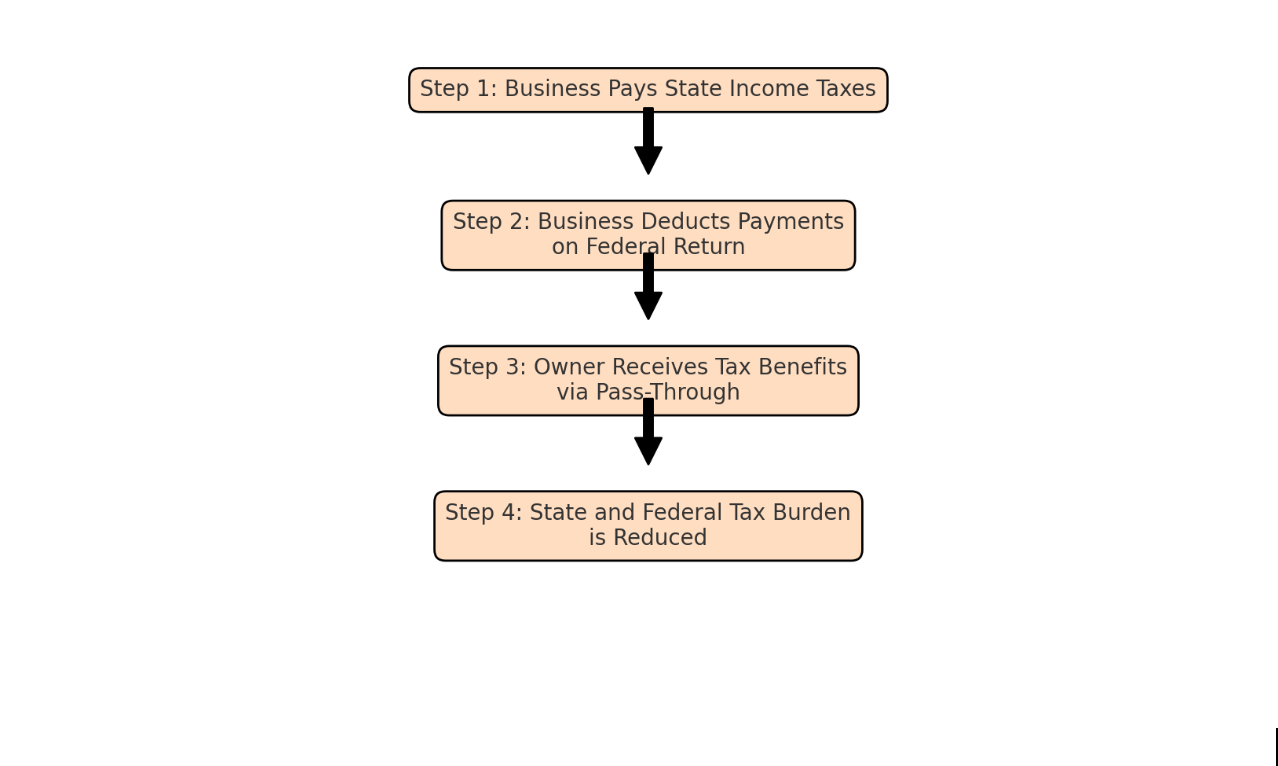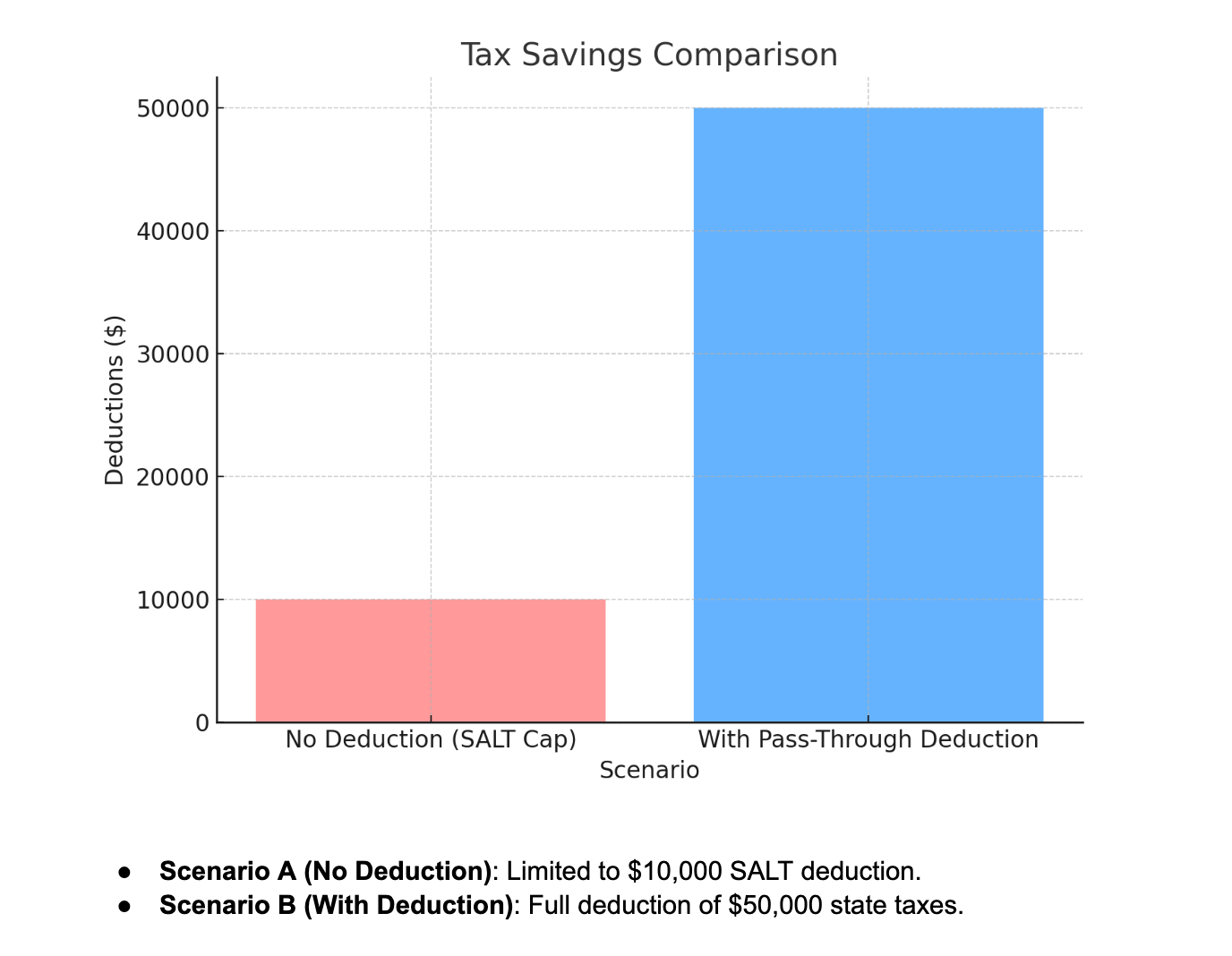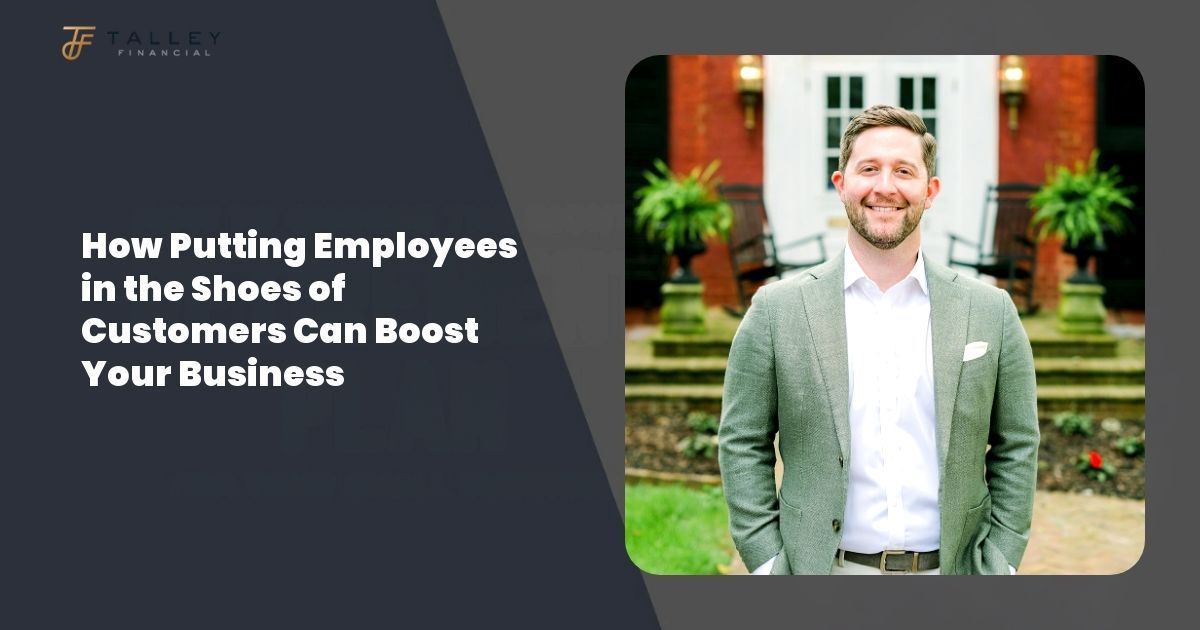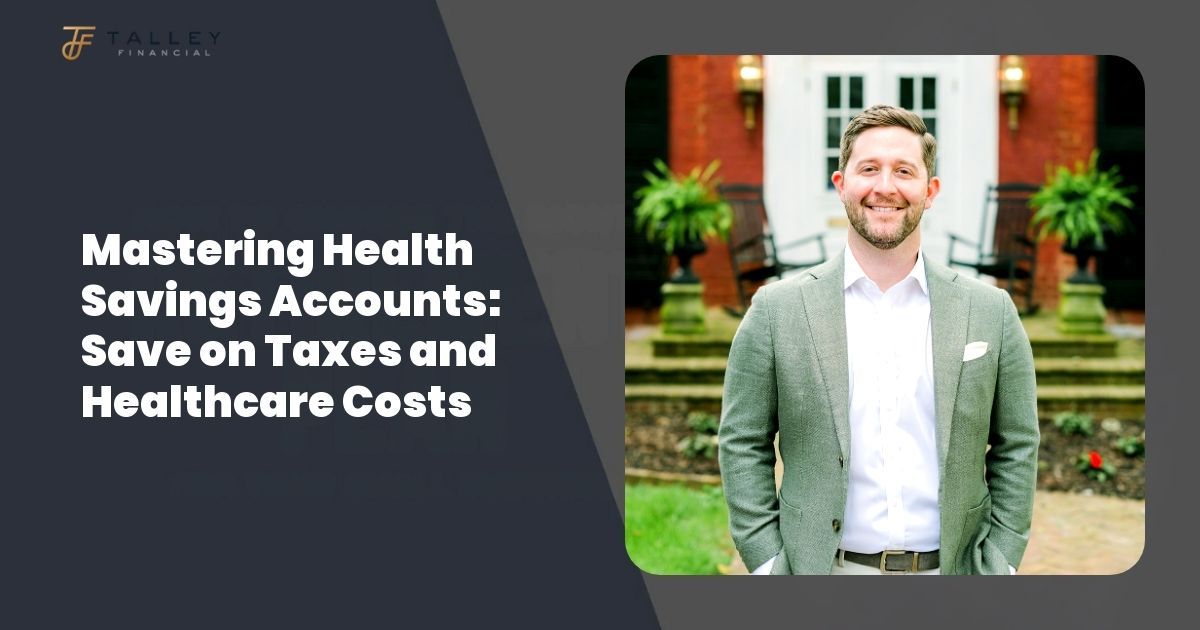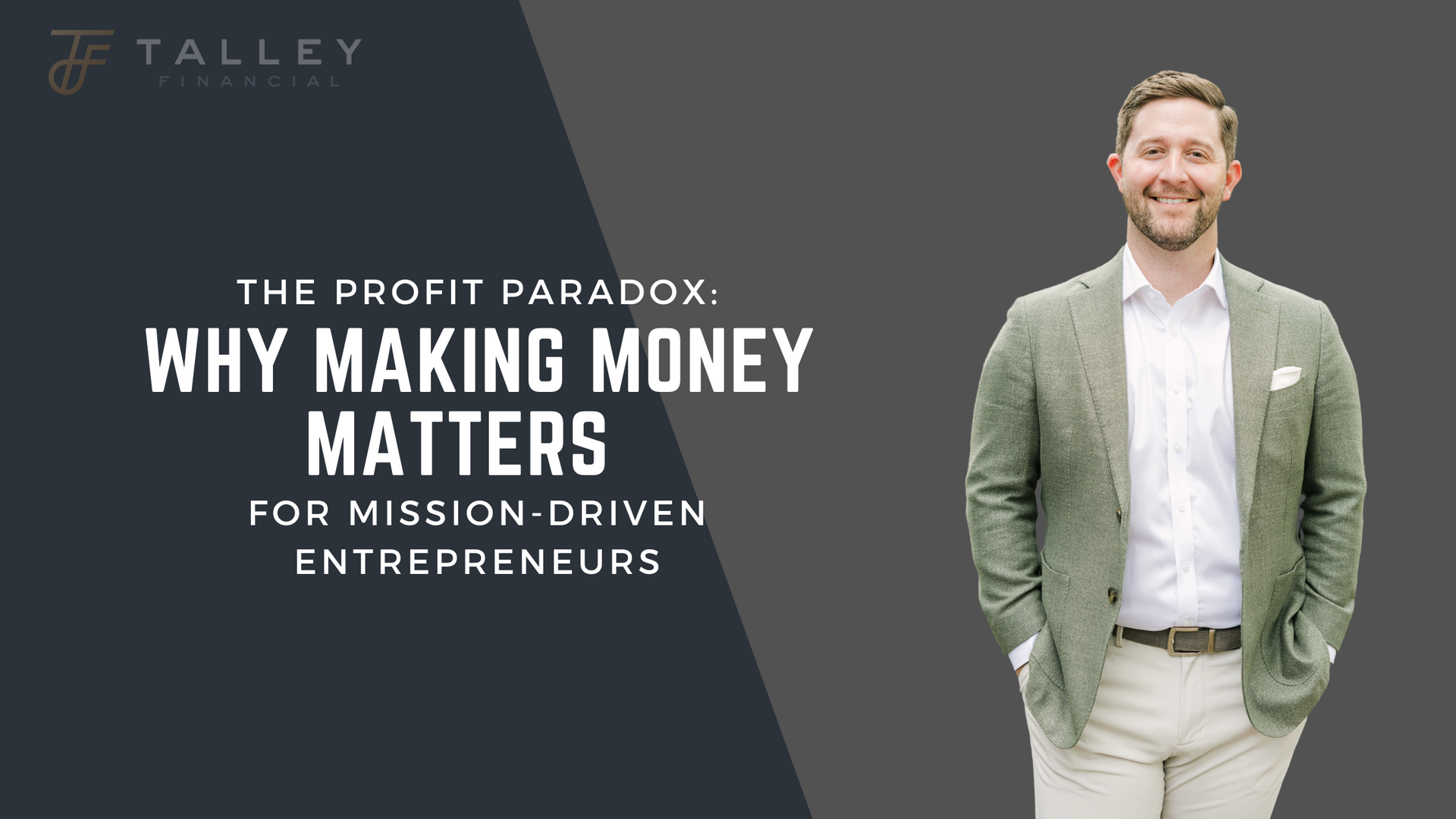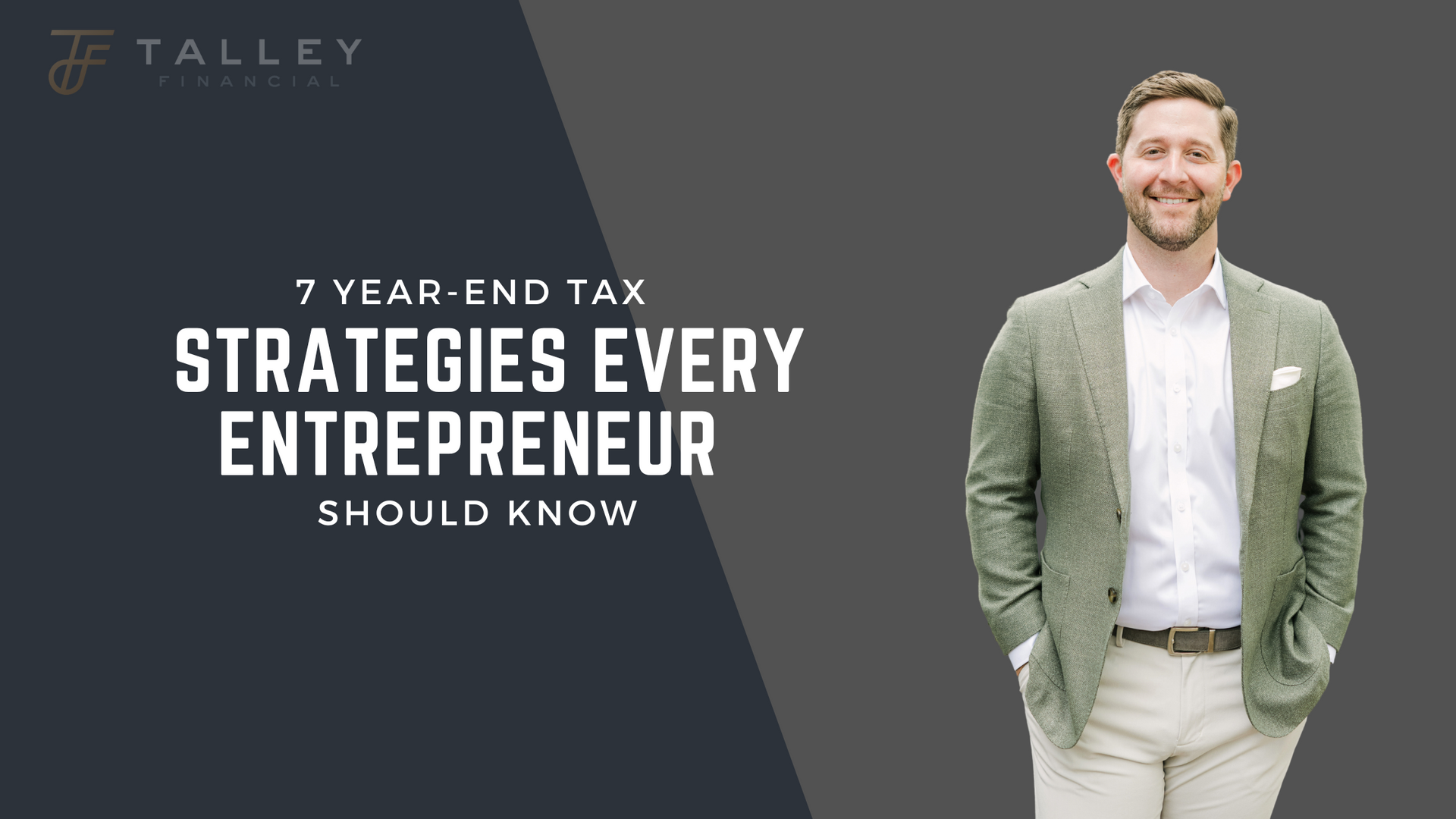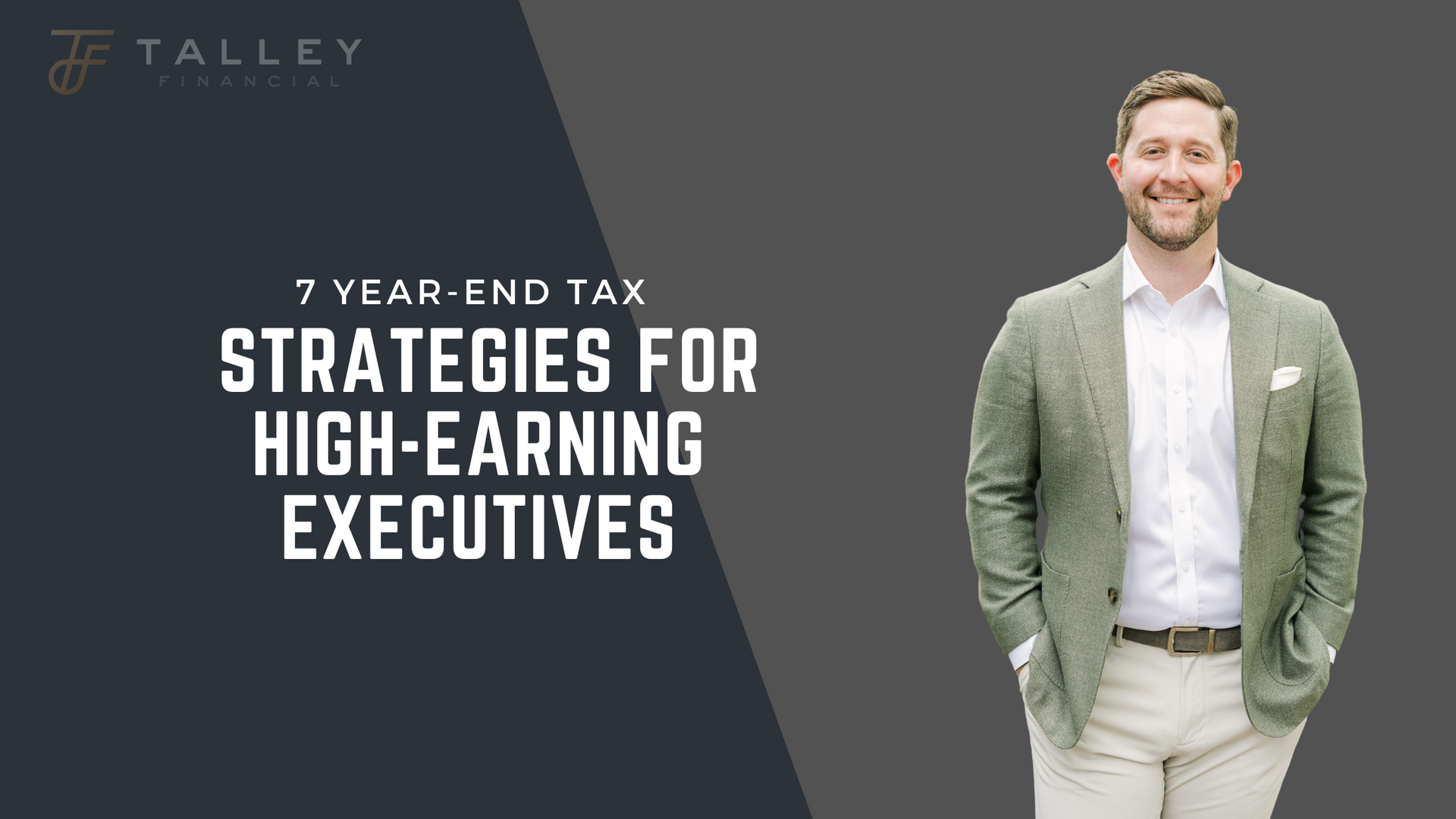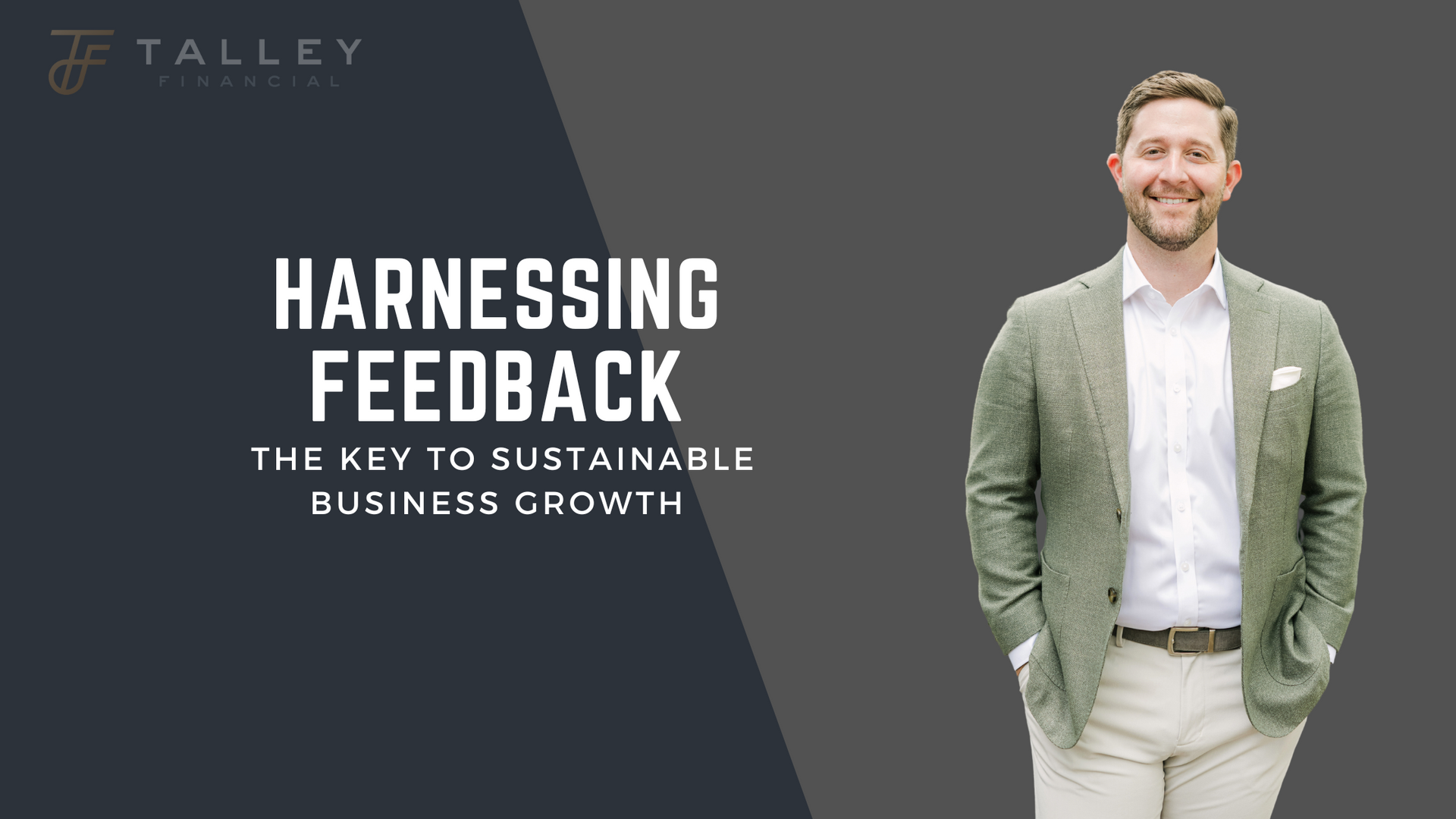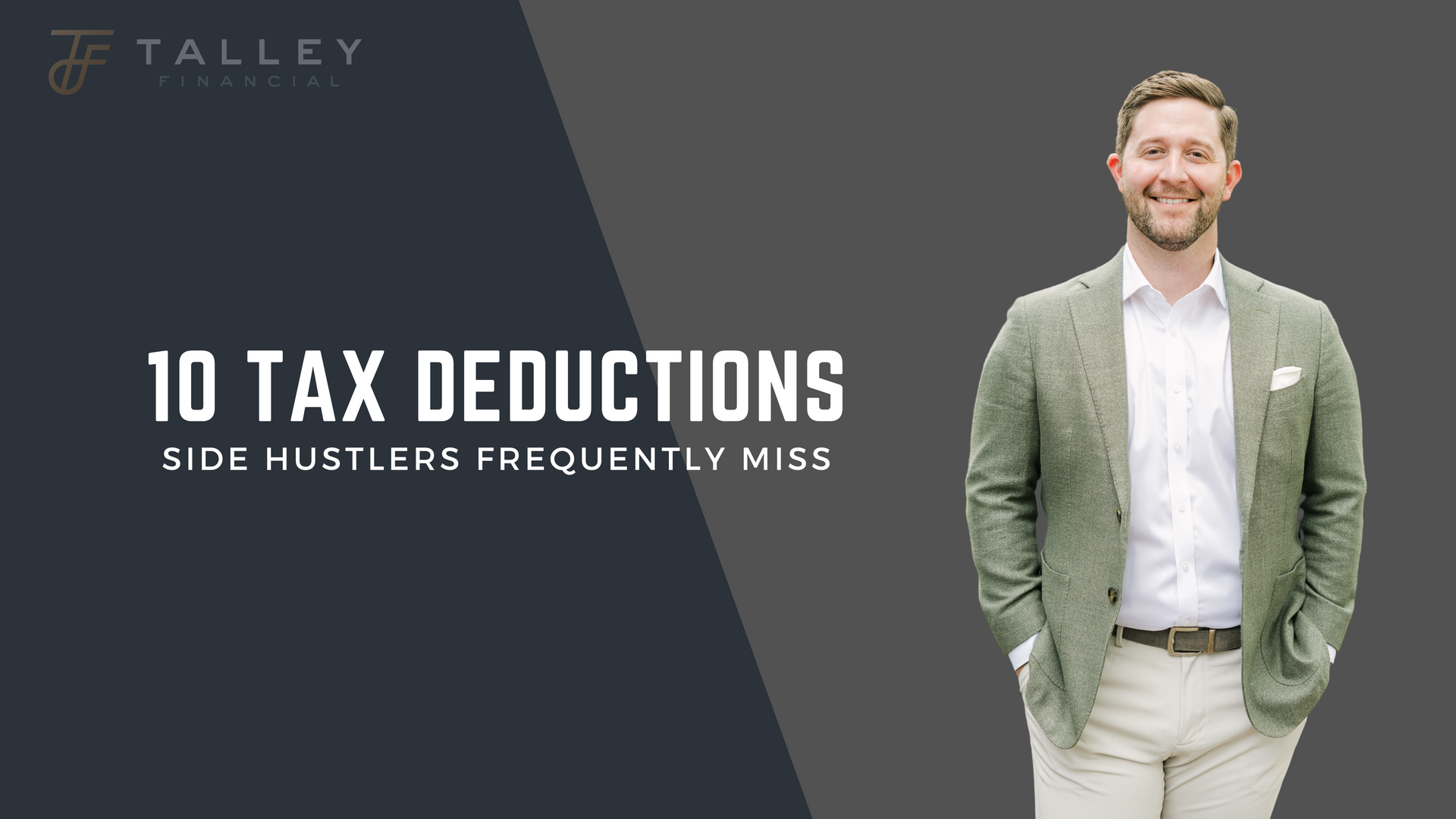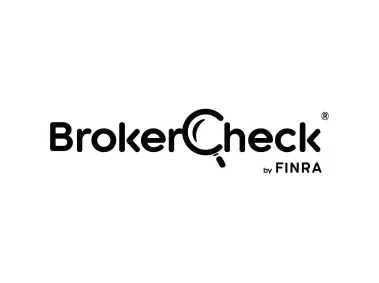By David Talley
•
November 19, 2024
The Power of Compounding Interest and Accountability in Investing By David Talley CFP® Compounding interest is a powerful financial concept where you earn interest not only on your initial principal but also on the accumulated interest from previous periods. This creates a snowball effect, where your investment grows at an accelerating rate over time. It's often described as "earning interest on interest," which significantly boosts the growth of your wealth. For example, if you invest a dollar at a 10% interest rate, you’ll have $1.10 at the end of the first year. The next year, interest will be calculated on $1.10, not just your initial dollar. Over decades, this can turn into quite a sum. Unfortunately, humans don’t seem to be good at estimating compound interest well in our heads. Maybe it’s from Millenia of living short lives compared to today, but regardless we tend to estimate growth linearly. So we underestimate how big of an effect compounding can have - on our money, our habits, anything really. Investing is more than just a financial strategy; it's a path to making your money work for you. At the core of successful investing lies the powerful concept of compounding interest, a process that can significantly boost your wealth over time. By pairing this with accountability, your investment journey can transform into a structured plan for financial growth. Let’s dive into how these concepts work together to build a prosperous future. Understanding Compounding Interest Compounding interest is a phenomenon where your investment earns interest not only on the initial principal but also on the accumulated interest from prior periods. Imagine a snowball rolling down a hill, picking up more snow and growing larger as it moves. This is similar to how compounding interest works with your money, turning small amounts into substantial wealth over time. The Mechanics of Compounding At its essence, compounding is about earning interest on interest. For example, if you invest $1,000 at an annual interest rate of 5%, compounded annually, you will have $1,050 at the end of the first year. In the second year, the interest is calculated on $1,050, not just the original $1,000, resulting in $1,102.50. This principle applies to any compounding period—daily, monthly, or annually—each offering different impacts on the growth of your investment. Time is a crucial factor in the compounding equation. The longer you allow your investment to grow, the more pronounced the effects of compounding become. This is why starting early, even with modest amounts, can lead to significant financial gains. It's like planting a tree; the earlier you plant it, the larger it can grow. The frequency of compounding—how often the interest is calculated and added to your balance—also plays a significant role. More frequent compounding periods, such as daily or monthly, can result in higher yields compared to annual compounding. This small difference can have a substantial impact over a long period.


